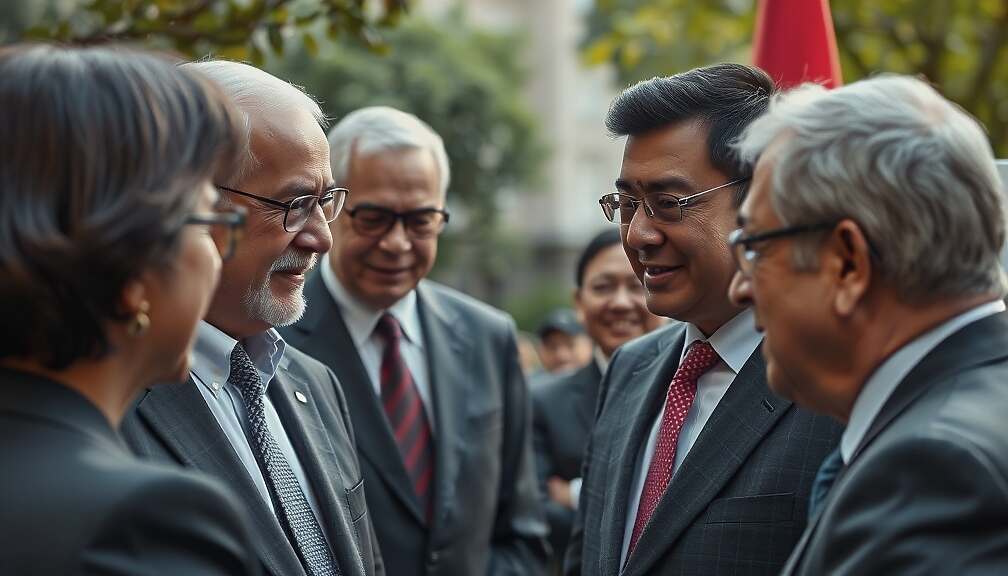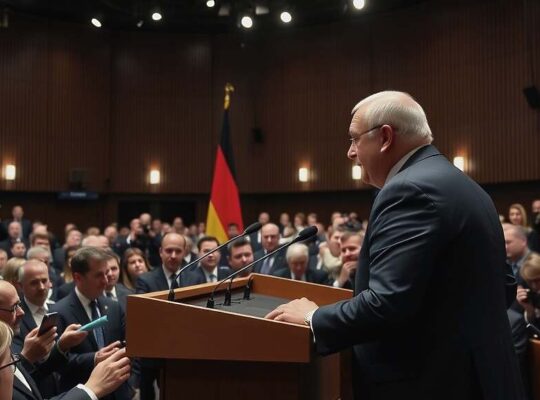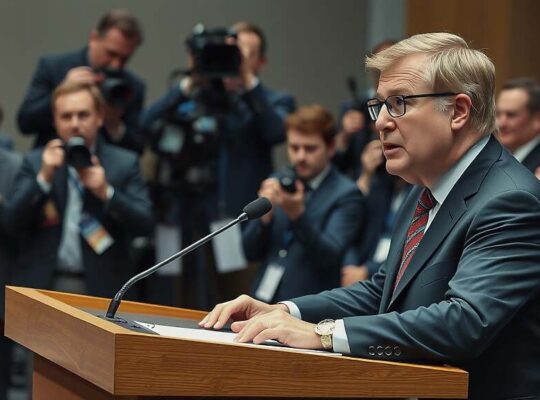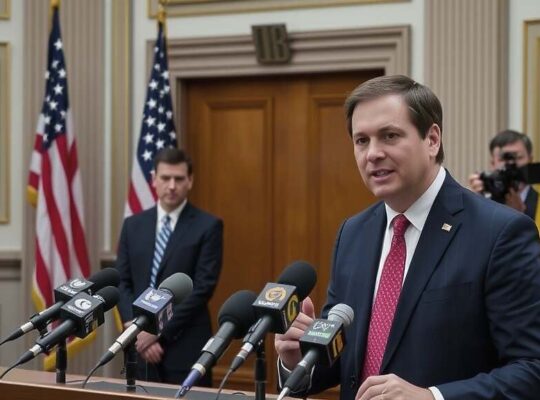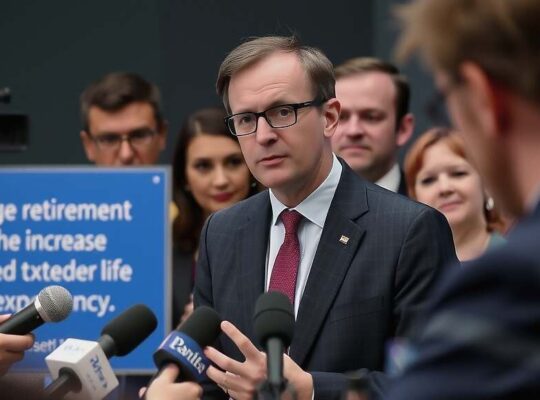A year on from Donald Trump’s controversial re-election to the US presidency, German Health Minister Jens Spahn has offered a surprising endorsement of the administration’s foreign policy approach. In an interview with ARD-Hauptstadtstudio, Spahn lauded what he characterized as a success in facilitating peace for Israel, attributing it directly to Trump’s diplomatic efforts.
While cautioning that the long-term efficacy of this policy remains uncertain, Spahn refrained from advocating for outright emulation of Trump’s style, acknowledging its sometimes “foreign” and “irritatingly personal” nature. He nonetheless argued that the US has exerted a level of pressure on both Israeli and Palestinian parties that no other nation has managed to achieve.
This perspective is particularly striking given the generally critical stance of many European politicians towards Trump’s policies. The assertion that the US has uniquely applied pressure in the Israeli-Palestinian conflict and similarly regarding the situation in Ukraine, raises questions about the effectiveness of traditional European diplomatic efforts and the potential for a shift in transatlantic relationships. Critics will likely scrutinize Spahn’s remarks, questioning the validity of attributing peace initiatives solely to US pressure and examining whether such a transactional approach truly fosters sustainable solutions or merely creates temporary stability. The endorsement also risks exacerbating the pre-existing divisions within the European Union regarding its relationship with Washington.


